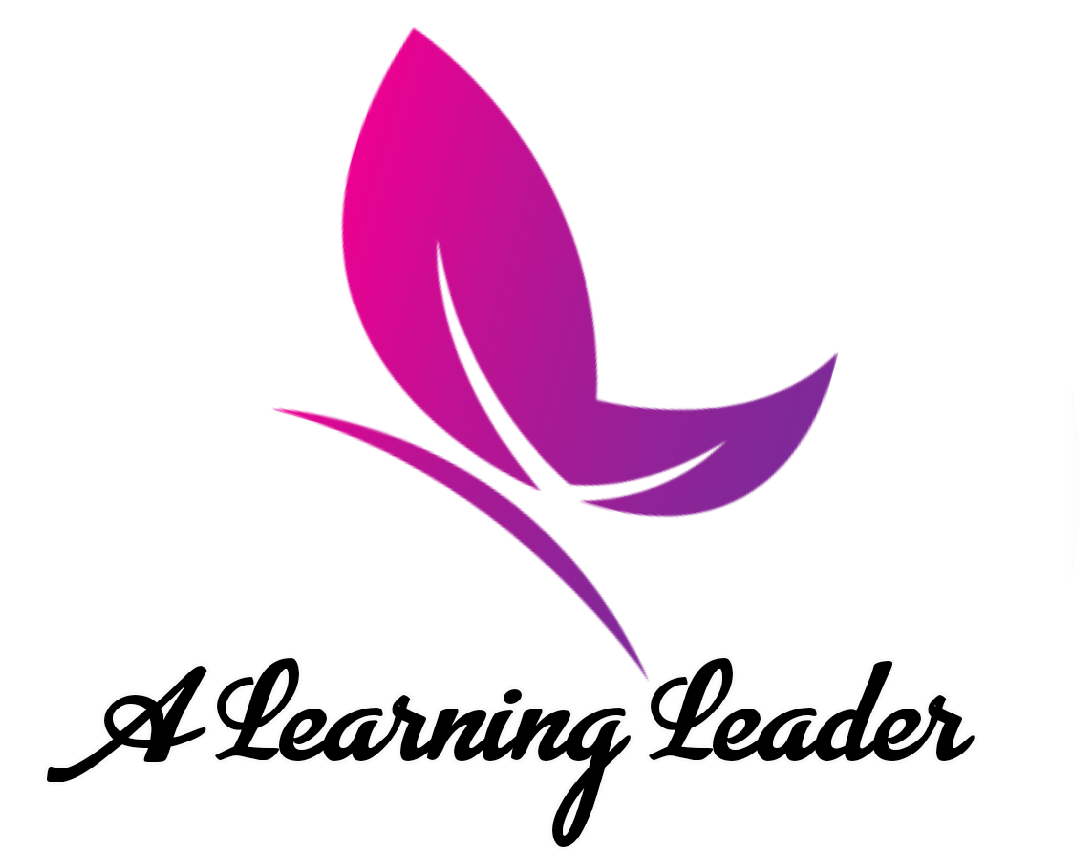Pedagogy
Pedagogy is frequently used term in Education settings but at times, we use it without learning its context and meaning. let’s find out What is Pedagogy?
Pedagogy is an education-related word which is more frequently used in other languages such as French or German. Etymology and definition of the word pedagogy (from the OED): “ adopted from French pédagogie (Calvin 16th century), adaptation from Greek παιδαγωγία office of a παιδαγωγός: see pedagogue. So modern German pädagogie. “
Pedagogy is “The function, profession, or practice of a pedagogue [ a man whose occupation is the instruction of children or youths; a schoolmaster, teacher, preceptor. Now usually in a more or less contemptuous sense, with implication of pedantry, dogmatism, or severity; the work or occupation of teaching; the art or science of teaching, pedagogics. “
Moreover, pedagogy “refers to the art and profession of teaching. It stands for how a teacher teaches, the methodology one uses as a teacher, and the style of teaching a teacher chooses. It also refers to the preparatory training or instruction would-be teachers acquire in teacher education programs.”
(from the Greenwood Dictionary of Education, 2nd edition)
In ancient Greece the person who was given the task of educating the children was known as a ‘Pedagogue’. The word pedagogy is related to this being the method of teaching used by a pedagogue. Thought to be ‘over formal, pedantic, and dull’…
Pedagogy (etymology and pronunciation) is the discipline that offers the theory to follow in schooling of children. The instruction of adults, however, is also referred to as Andragogy.

Pedagogy in education simply means giving the practical knowledge rather than theoretical knowledge which can be through any means such as cultural, social, spiritual, and ethics.
It is just like a doctor understand the physiology and treat humans. Just like a software engineer learns programming. It is as important as air for a teacher to impart knowledge. Without understanding pedagogy, a teacher will not be a competent & professional educator.
The position of teacher is normally formal and ongoing, carried out at a institution or different location of formal schooling. A individual who wishes to emerge as a instructor needs to first obtain special official skills or credentials from a university or college. These legit qualifications may just comprise the traning of pedagogy, the science of educating. Academics, like different specialists, should/ must continue their education after they qualify, a method referred to as continuing authentic progress. Teachers may use a lesson plan to facilitate pupil learning, offering a path to learn which is known as the curriculum. Assessment is the next step which evaluates the effectiveness and guides the path of learning.
If you have come this far you must have liked the post so if you enjoyed this post don’t forget to like, follow, share and comment!












